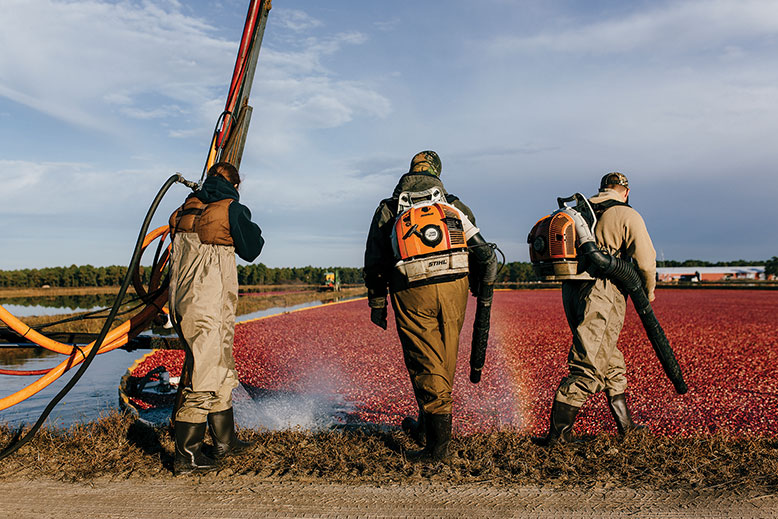How much do you know about the food that’s on your plate?
Natalie Portman is known for her acting but she is also a longtime animal and environmental activist. She produced and narrated the documentary Eating Animals which explores the rise of "factory farming" in America.
Nearly all of the meat, eggs, and dairy we eat comes from the industrial system known as “factory farming.” This system destroys our environment and harms public health, and never before has humankind caused more suffering.
Based on the bestselling book by Jonathan Safran Foer, the film focuses on the farmers, whistleblowers, and innovators who are standing up, against all odds, to fight this system and provide a new way forward.
Eating Animals is the third book by the American novelist Jonathan Safran Foer, published in 2009. It was written in close collaboration with Farm Forward, a 501(c)(3) nonprofit organization that implements innovative strategies to promote conscientious food choices, reduce farmed animal suffering, and advance sustainable agriculture. Like the book, the documentary explores the realities of contemporary animal agriculture as it is related to the complexities of food ethics. The documentary hopes to get people thinking about the meat they eat in new ways.
Tracing the history of food production in the United States, the film charts how farming has gone from local and sustainable to a corporate conglomerate that offers cheap eggs, meat, and dairy at a steep cost - the exploitation of animals; the risky use of antibiotics and hormones; and the pollution of our air, soil, and water.
Through the farmers who have pushed backed against industrial agriculture with more humane practices, the film offers attainable, commonsense solutions to a growing crisis while making the case that ethical farming is not only an animal rights issue but one that affects every aspect of our lives.
This documentary is currently available on Hulu.





